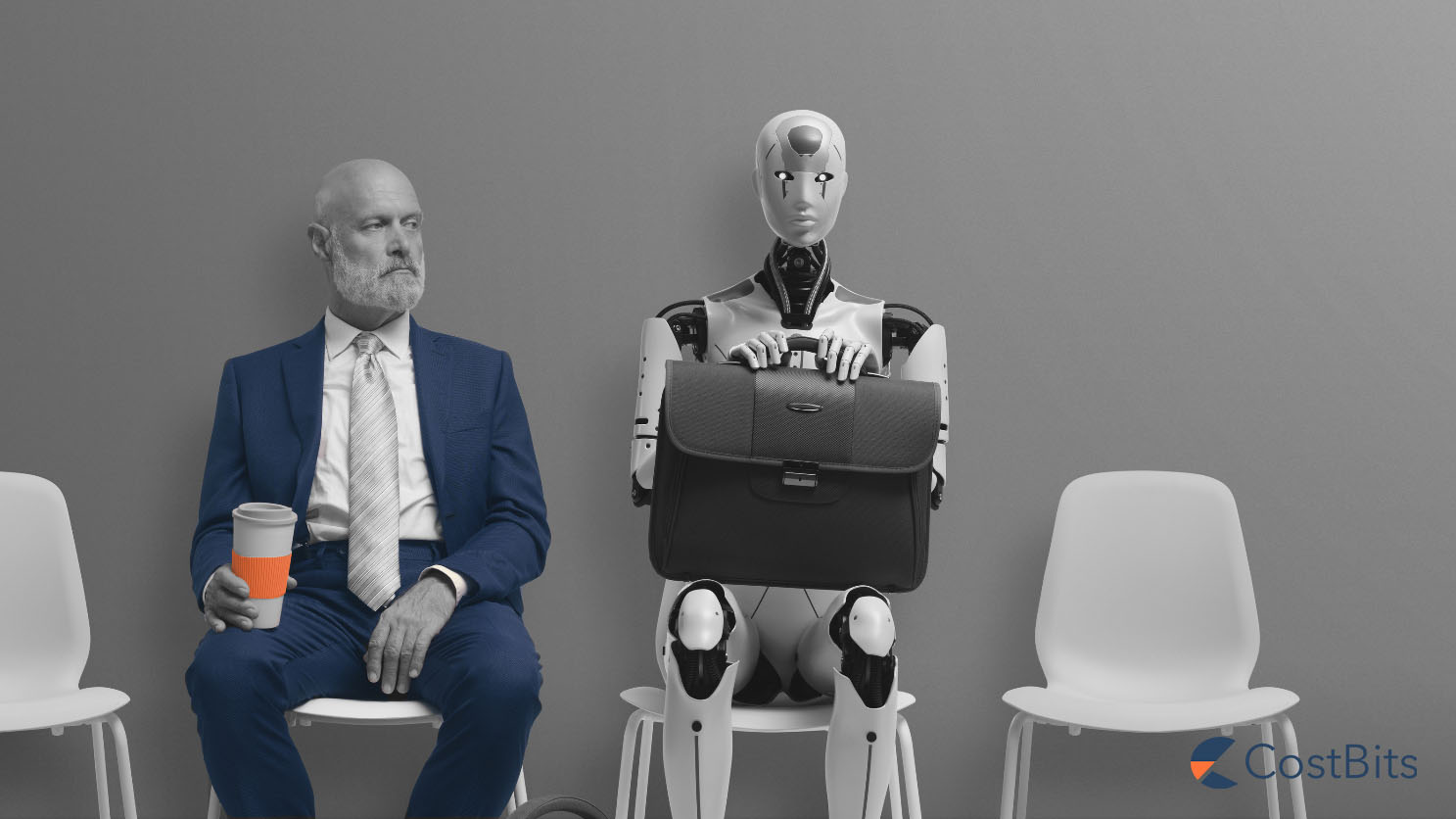Shaping the Future of Collaboration
In the ever-evolving landscape of technological progress, it is natural for initial concerns and apprehensions to arise whenever new innovations emerge. However, history has shown us time and again that as we become more familiar with these groundbreaking developments, our worries tend to dissipate. Reflecting on the introduction of ATMs, for example, there was widespread concern that machines would replace human tellers and lead to widespread unemployment. Yet, instead of eliminating jobs, ATMs transformed the role of bank tellers by taking over routine tasks and empowering them to focus on more intricate customer needs and personalised service. Today, we seamlessly incorporate ATMs into our daily lives without a second thought.
Now, we find ourselves standing at a pivotal crossroads in our relationship with AI, where its integration can be perceived as a threat to job security or embraced as an opportunity for growth and innovation. While it is understandable to feel apprehensive about the rapid advancements in AI technology, it is crucial to recognize that AI is merely a tool—a tool that can enhance our abilities and amplify our skills. AI has the capacity to automate repetitive tasks, analyse vast quantities of data, facilitate decision-making processes, and accomplish all of this with remarkable proficiency and efficiency within incredibly short time frames.
When organisations harness the power of AI in procurement, they gain the capability to automate an array of tasks, ranging from supplier selection to contract management and predictive analytics. AI-powered procurement systems can analyse data from multiple sources to identify trends and forecast future demand patterns. This automation reduces reliance on human involvement, thereby mitigating the risks associated with errors and streamlining operations.
It is important to note that AI is not designed to replace procurement professionals; rather, its purpose is to reshape their role. Procurement inherently revolves around building relationships, and human interaction remains vital for establishing and nurturing strong connections with suppliers. While AI can provide valuable insights and recommendations, it cannot supplant the crucial elements of negotiation and trust-building with suppliers. By embracing AI in procurement, organisations can unlock a world of possibilities, where human expertise and AI capabilities harmoniously converge to drive success in an increasingly dynamic and complex business landscape.


